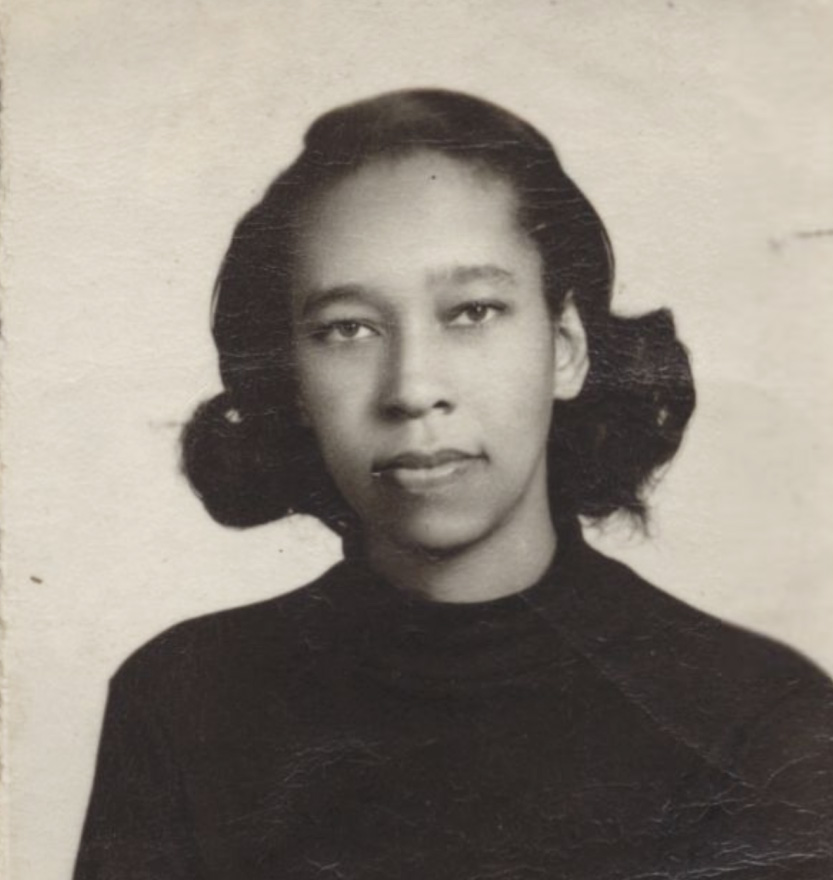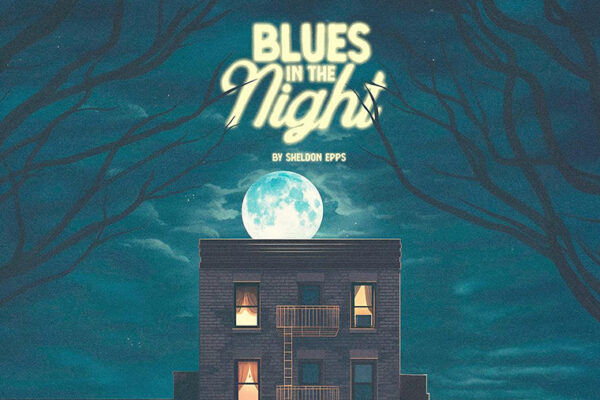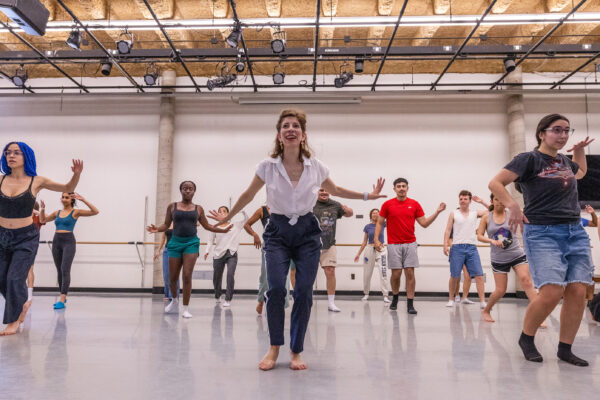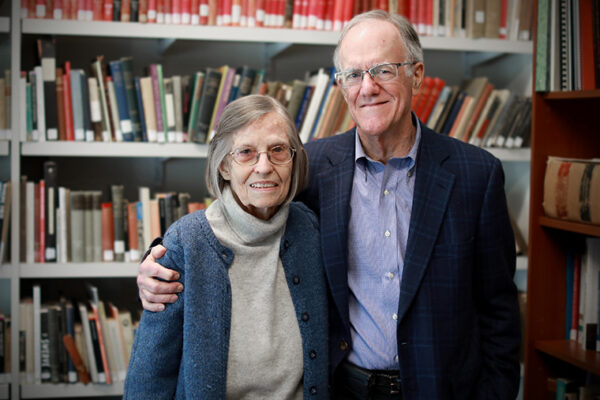
In the 1950s and ’60s, composer Julia Perry soared to international fame. “Stabat Mater” (1951), her modernist reworking of the medieval hymn, debuted at Tanglewood and was broadcast on Radio Italiano. “A Short Piece for Orchestra” (1952) premiered with the Turin Symphony and later, in revised form, was the first work by a Black woman performed by the New York Philharmonic.
But in the 1970s, illness and financial distress took their toll. After her death, in 1979, at the age of 55, much of Perry’s prolific output lacked clear copyright, making it difficult to perform — despite her strong reputation among scholars and musicians.

On Sept. 27 and 28, WashU’s Department of Music in Arts & Sciences will present “(Re)Discovering the Musical Legacy of Julia Perry.” Co-sponsored by WashU’s Center for the Study of Race, Ethnicity & Equity and by Chamber Project St. Louis, the event will include both a symposium and a concert exploring Perry’s life and work.
The symposium begins at 3 p.m. Sept. 27 with a roundtable hosted by Christina Smiley, a doctoral candidate in musicology. The conversation will examine Perry’s place within Black musical modernism as well as the legal challenges to making her work more widely available. Participants will include celebrated mezzo-soprano Lucia Bradford as well as musicologist Gayle Murchison and musician/scholars Samantha Ege and Louise Toppin.
The next day, Ege, Toppin and Murchison will deliver lectures about Perry’s work, beginning at 1 p.m. Also speaking will be musicologists Ryan Dohoney, who will unpack Perry’s relationship to modernism, and Kendra Preston Leonard, who will examine the influence of gender and Cold War-era political anxieties.
The concert, which begins at 7:30 p.m., will open with Perry’s “Prelude” for piano (1962), followed by two newly recovered works: “Six Contrasts” for baritone and piano (1954) and “Quinary Quixotic Songs” (1976). The latter are both performed by baritone Thandolwethu Mamba, fresh from the Metropolitan Opera’s recent production of “X: The Life and Times of Malcolm X.”
Next, Bradford will perform Perry’s settings of the spirituals “I’m a Poor Little Orphan in this World” (1952) and “How Beautiful are the Feet” (1951). A chamber orchestra featuring WashU faculty and members of the St. Louis Symphony and Chamber Project St. Louis — all led by conductor-in-residence Darwin Aquino — will perform “Pastoral” for flute and string sextet (1959). The program will conclude with the orchestra, joined by Bradford, performing the “Stabat Mater.”
All events are free and open to the public. The symposium takes place in Pillsbury Theatre; performances take place in the E. Desmond Lee Concert Hall. Both spaces are in WashU’s 560 Music Center, located at 560 Trinity Ave. in University City. For a full schedule or more information, visit music.wustl.edu.
The Regional Arts Commission and the Missouri Arts Council, a state agency, provided financial assistance for this project.


